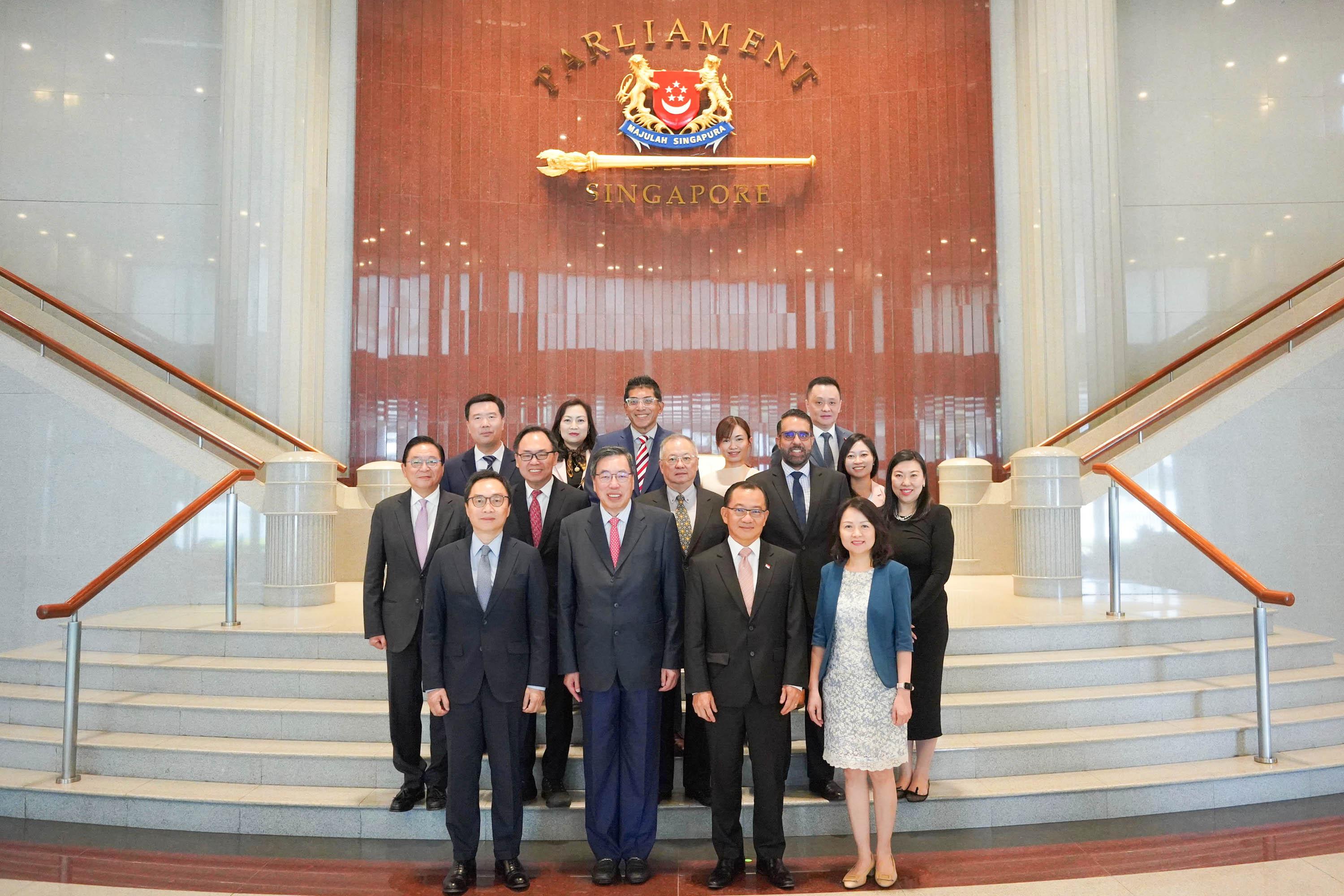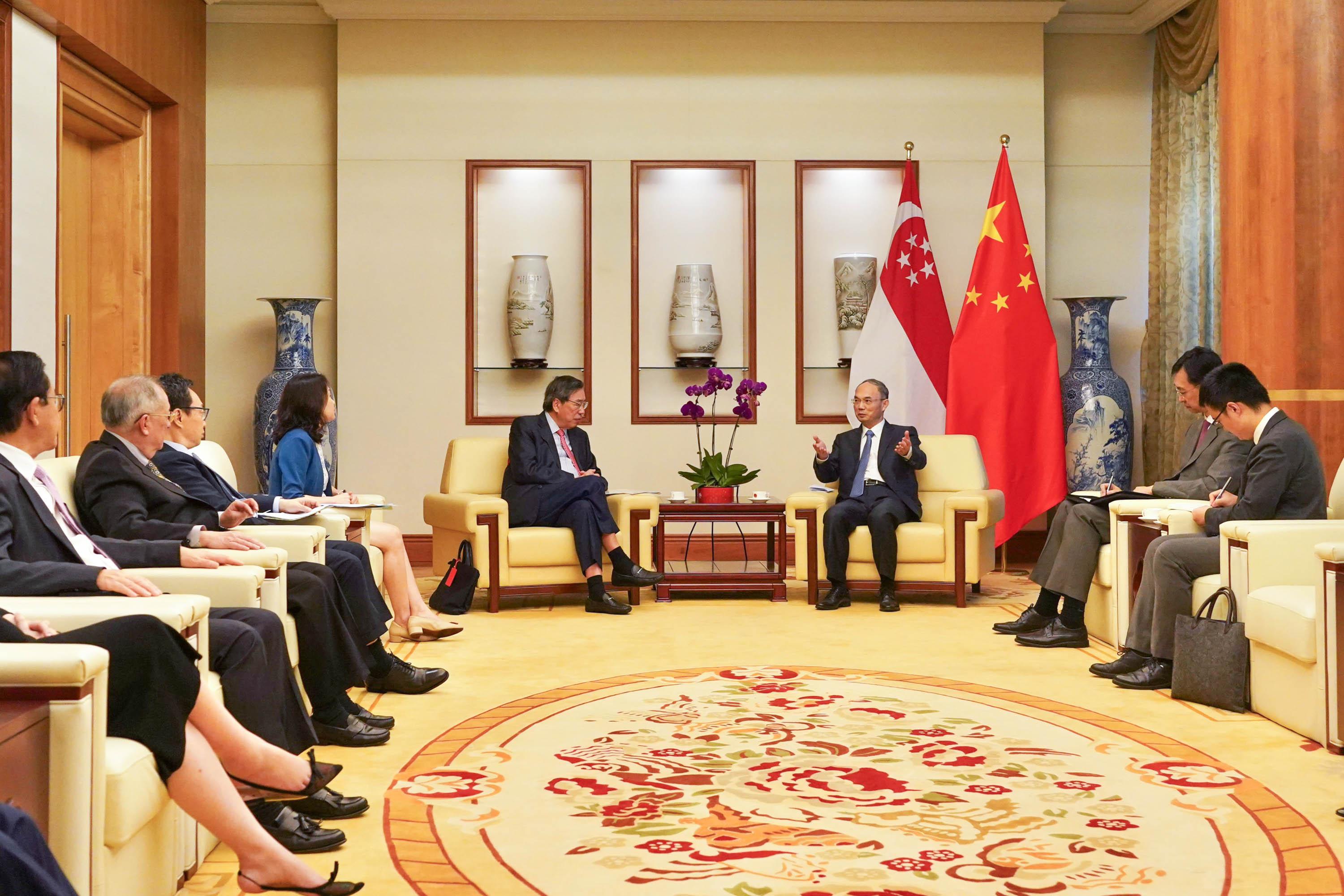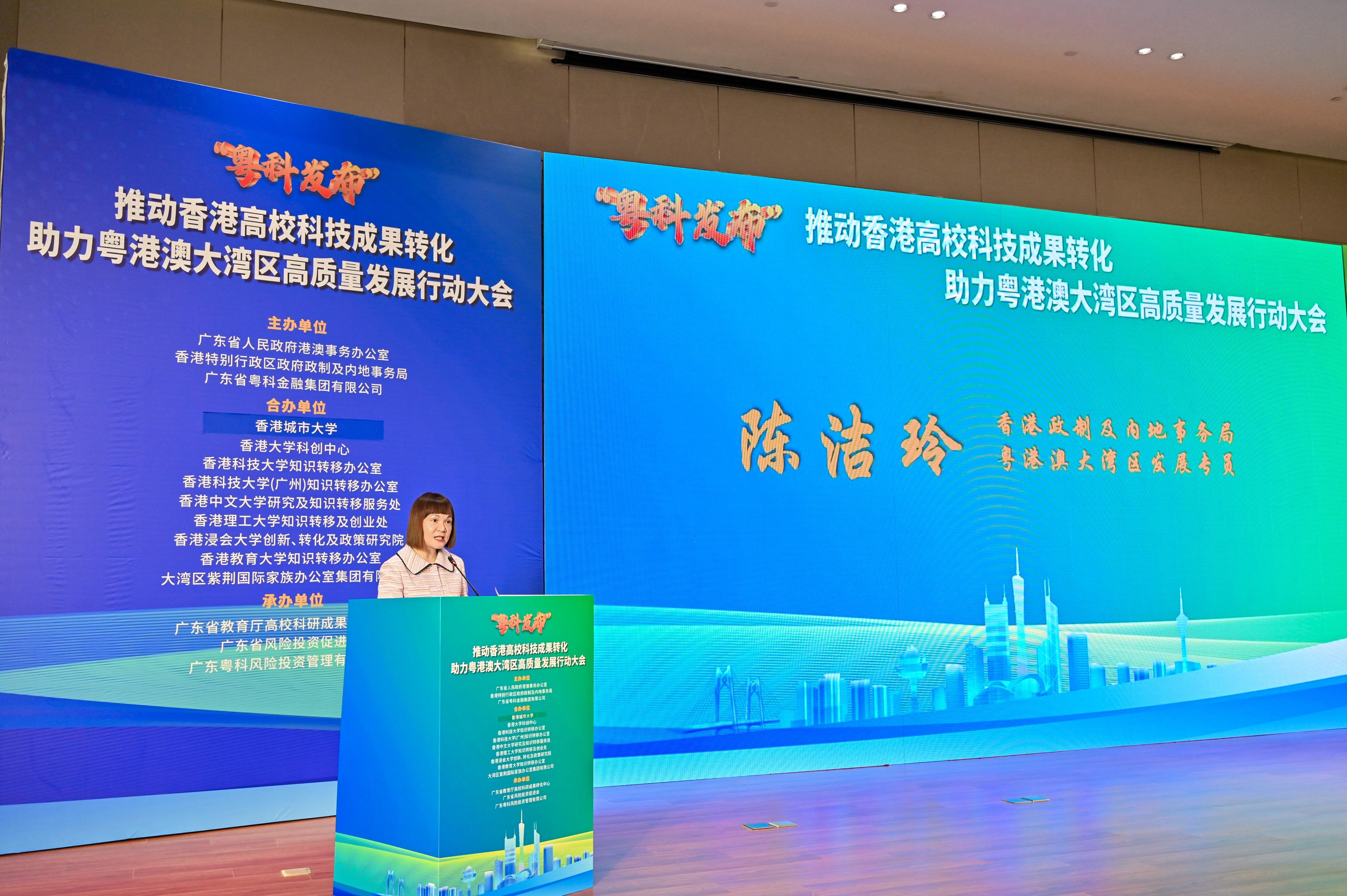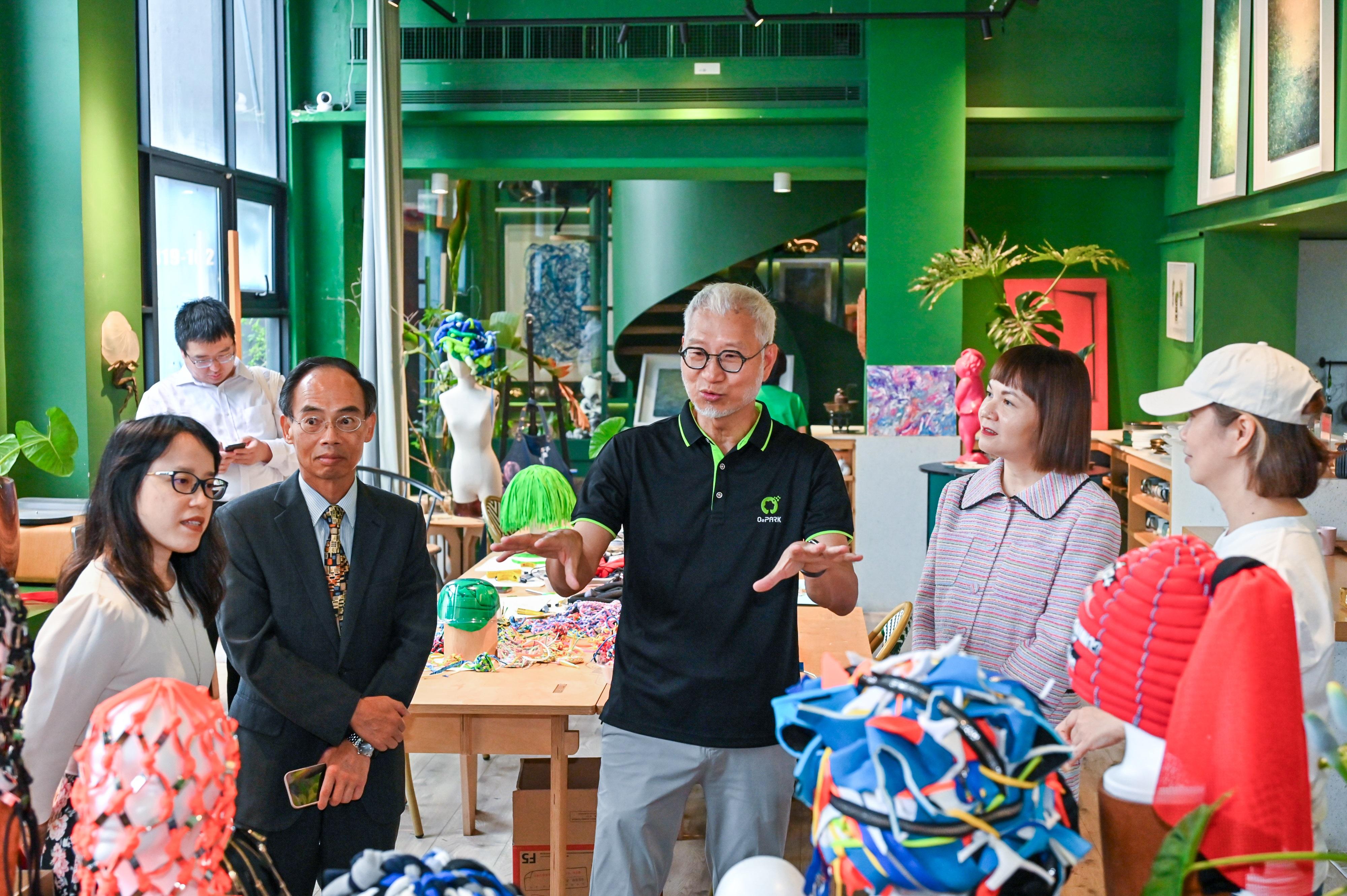Speech by SCED at APEC Joint Meeting of Ministers Responsible for Trade and Ministers Responsible for Women (English only)
Following is the speech by the Secretary for Commerce and Economic Development, Mr Algernon Yau, at the Asia-Pacific Economic Cooperation (APEC) Joint Meeting of Ministers Responsible for Trade and Ministers Responsible for Women in Arequipa, Peru, today (May 17, Arequipa time):
Thank you, Co-Chairs.
I would like to begin by expressing my gratitude to Peru for the warm hospitality extended to me and my delegation in this enchanting "White City" of Arequipa. Today's meeting is particularly special, as we are joined by our fellow Ministers Responsible for Women in this first joint ministerial meeting on women and trade in APEC's history.
Undoubtedly, trade and women's economic empowerment are profoundly intertwined. Representing nearly 55 per cent of our population in Hong Kong, China (HKC), women play a crucial role in driving economic growth. While HKC's trade policy is gender-neutral, we are keenly aware of the possible constraints faced by women in trade, from the dual burdens of job and family commitments to specific challenges they face, which may include lack of mobility, skills, funding and networks.
To enhance women's participation in trade and capitalise on the rising trends in global trade, we consider it essential to eliminate barriers to trade, such as lowering the cost of doing business or streamlining procedures through the use of technology. In tandem, wider digitalisation of trade can help women, many of whom lead smaller-scale or home-based businesses, to develop and grow their operations. Indeed, building digital skills, encouraging women's participation in the digital economy and innovation, as well as strengthening the capacity of women-owned and women-led micro, small and medium-sized enterprises (MSMEs) to participate in the global value chain, are all key action areas set out in the La Serena Roadmap for Women and Inclusive Growth endorsed in 2019.
In HKC, we are implementing various measures on this front. For example, we are pushing towards with the final phase of our Trade Single Window, and have put in place the Digital Transformation Support Pilot Programme to assist MSMEs in electronic payment and other digital solution packages. Within APEC, we hope that through collaborative efforts, we could help accelerate this transformation to open up new opportunities for women to participate in trade, including through continued implementation of the APEC Internet and Digital Economy Roadmap.
Support measures for MSMEs can help women reap the benefits of trade. For HKC, we provide extensive support for MSMEs through over 40 funding schemes and support programmes, such as the SME Financing Guarantee Scheme which specifically aims to enhance access to bank financing. HKC also promotes the use of online dispute resolution in APEC to facilitate MSMEs' uptake of digital technologies to resolve disputes at a lower cost and with ease, thereby enabling their inclusive participation in international trade.
The path to women's empowerment in trade extends beyond creating equal opportunities; it is about unlocking the vast potential that a diverse economy offers. We hope that APEC member economies can continue our efforts in liberalising and facilitating trade, and building a trade and investment environment that is free, open, fair, non-discriminatory, transparent, inclusive and predictable, as our Leaders committed in the APEC Putrajaya Vision 2040.
Allow me to pause here and invite my senior official to introduce HKC's other efforts and policies to facilitate women's access to the economy.
Thank you.
